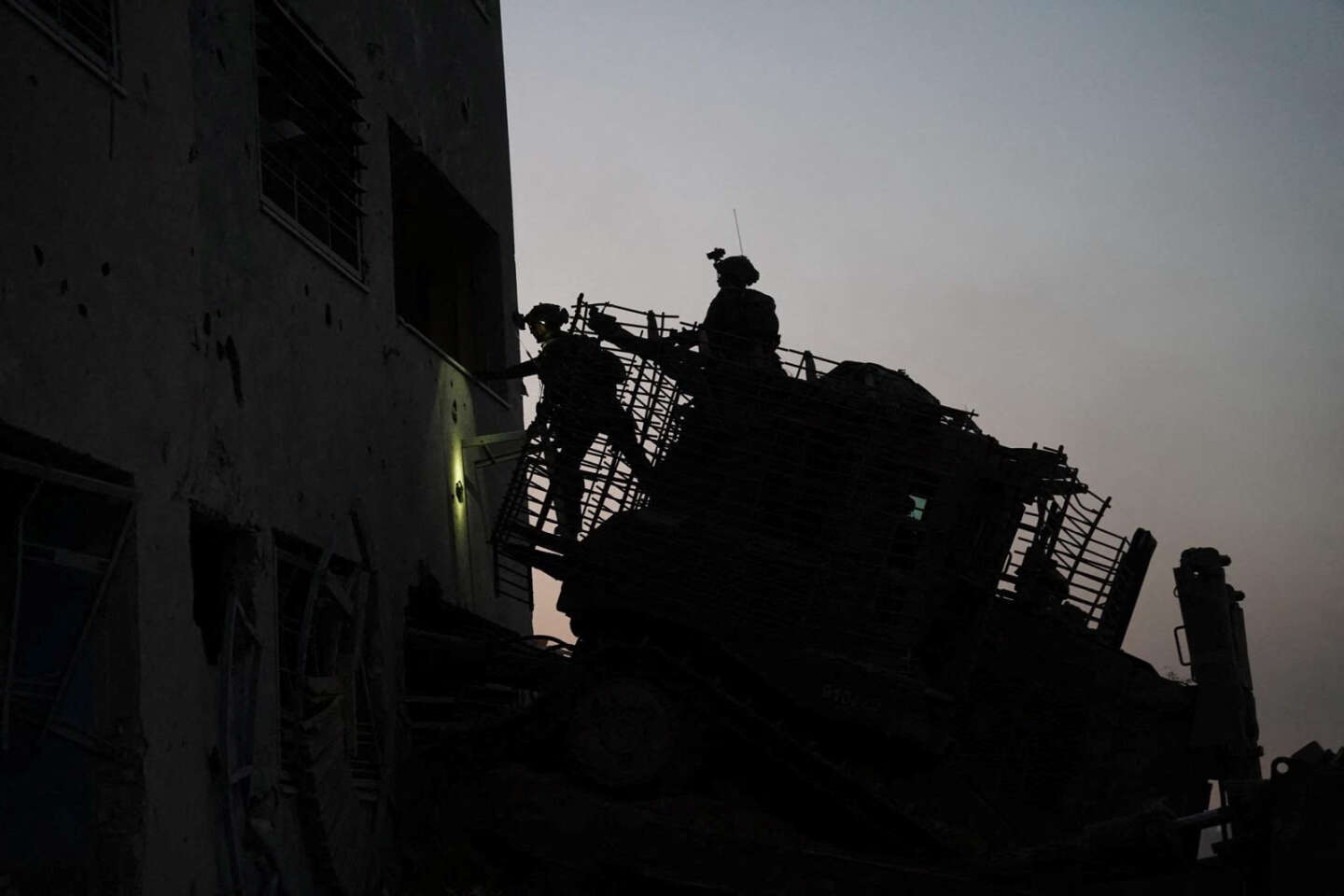


In the history books on this first quarter of the 21st century, 2023 will be remembered as the year of two wars. On the northern fringes of Europe, Ukraine has been resisting Russian aggression for 23 months, with tens of thousands of deaths on both sides. On the shores of the eastern Mediterranean, Israel is crushing the Gaza Strip with bombs in order, it says, to "eliminate" the Palestinian movement Hamas, having already caused the deaths of 20,000, according to the Gazan authorities. This Gaza campaign, the deadliest ever suffered by the territory, is in response to the mass slaughter perpetrated by Hamas Islamists on October 7 that left some 1,200 Israelis dead.
The tragedy and misery of war has begun again. For political scientists, the challenge remains the same: to outline the profile of the first part of the 21st century, which has got off to a rather poor start. Based on our latest readings, here are a few reflections on this "year of two wars" as seen by experts and essayists in search of an elusive "international system."
Undaunted, neither pessimist nor optimist, Gilles Andréani examined the permanence of war in an erudite essay published by Questions Internationales (December 2023-January 2024). A professor at the Université Panthéon-Assas, a former diplomat and judge at the Court of Audit, the author explained the flaws in an "international system" established in 1945, whose representativeness has become obsolete. Today's world doesn't resemble that of yesterday. Structurally, the UN does not prevent war, whether by the most powerful or by others.
Major centers of power
For the past 15 years, the rivalry between China, a rising power, and the United States, an established power, has been the central axis of international relations. Who will assert its representation of the world tomorrow? America's alliances are strong, with the NATO pact with Europe and defense agreements in Asia. On the other side, Beijing and Moscow have forged a relationship of "friendship" to combat Western "hegemonism" – a curious term when it is claimed, in the same breath, that the West is both decadent and on the decline. Between these great poles of power, sometimes flirting with one, sometimes with the other, floats a cohort of so-called medium-sized powers whose importance continues to grow.
The inadequacy of UN institutions is not the only cause. During the Cold War (1947-1991), Americans and Soviets institutionalized a permanent dialogue, largely around nuclear weapons. This was known as "détente." There is nothing like that today, observes Andréani: nothing around disarmament, little on climate, little on pandemics – the threats of the time. On the other hand, he continues, a major "ideological dissensus" has re-emerged, isolating the West, the promoter of "values" that were still ascendant in 2000 but have now been marginalized.
You have 50% of this article left to read. The rest is for subscribers only.
